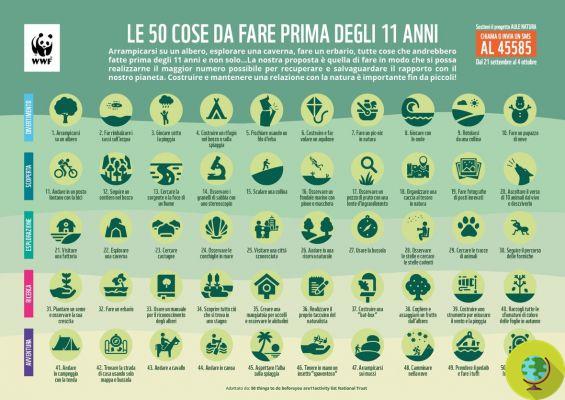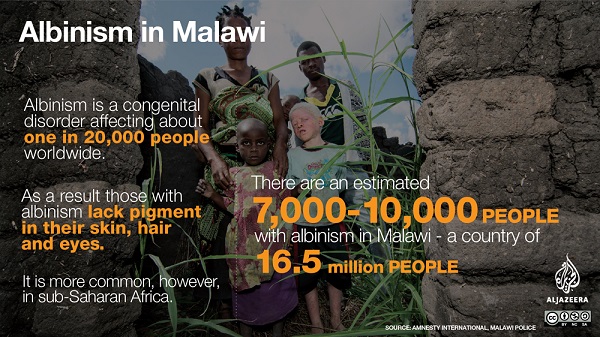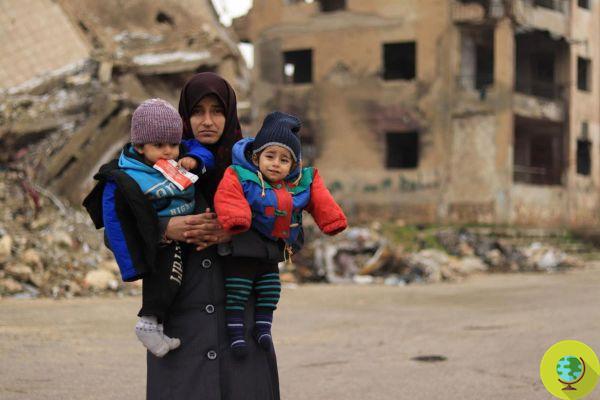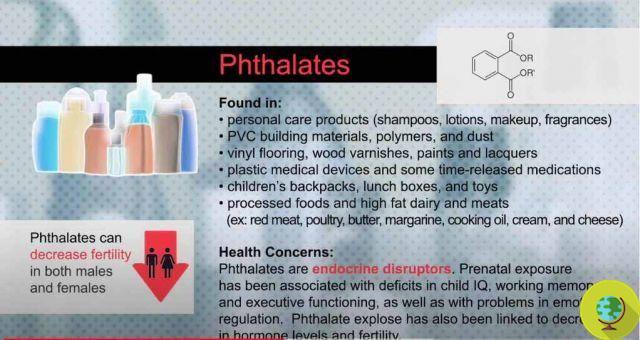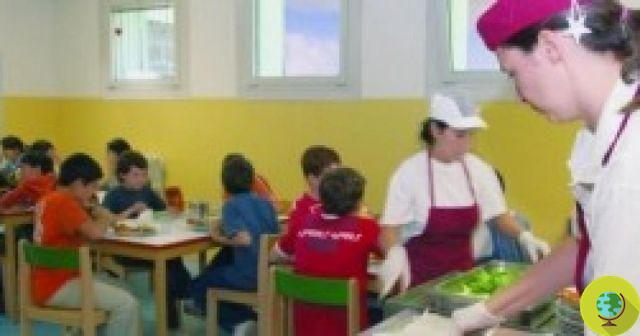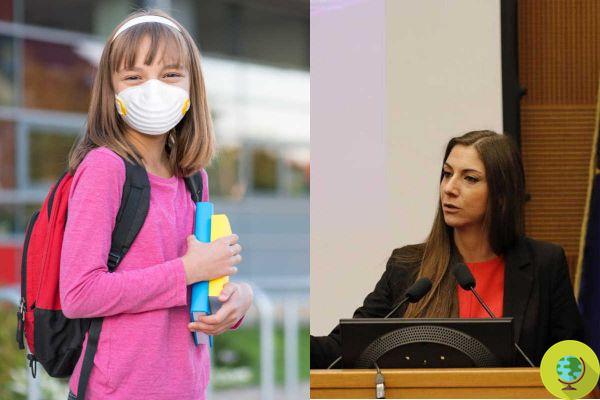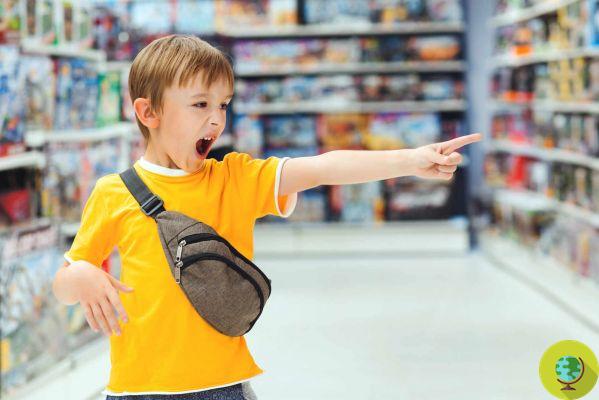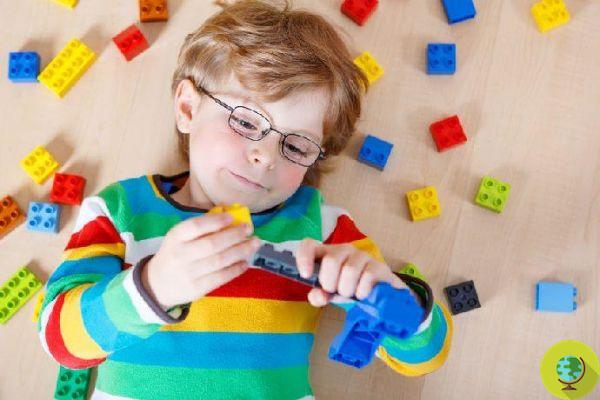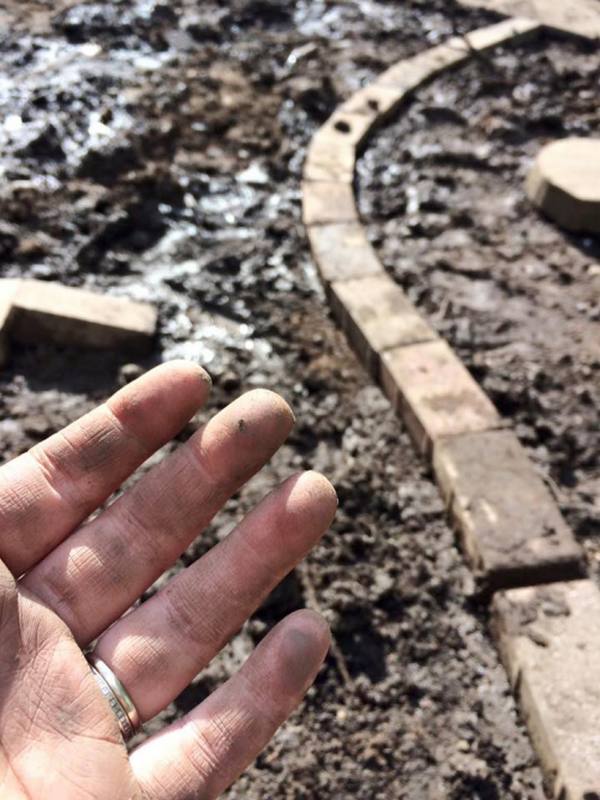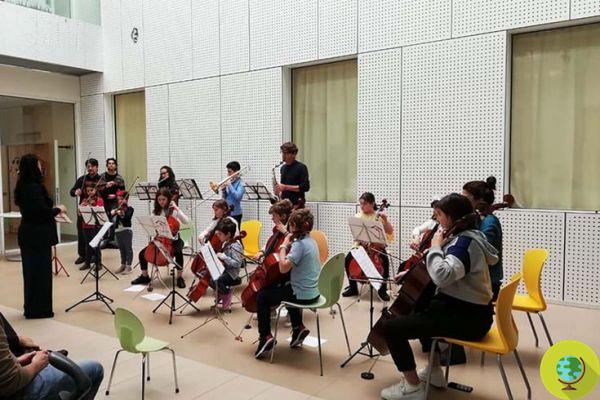Overprotective, always ready to intervene during a quarrel or at the first difficulty of the children. They are the so-called "helicopter" parents. Their pressing presence, however, can be harmful and jeopardize the ability of children to fend for themselves
Don't store avocado like this: it's dangerousOverprotective, always ready to intervene during a quarrel or at the first difficulty of the children. They are the so-called "helicopter" parents. Their pressing presence, however, can be harmful and jeopardize the ability of children to fend for themselves.
This is confirmed by research conducted by a team of psychologists from the University of Minnesota.
Index
Identikit of helicopter parents
This definition (in English Helicopter parents), was coined by Foster W. Cline, MD and Jim Fay in their book, published in 1990 entitled "Parenting with Love and Logic: Teaching Children Responsibility".
It concerns parents who are very, too close to their children, who help them overcome any difficulty, especially in the school environment. Just like helicopters, in fact, they are literally on top of their children, rightly trying to meet their needs. Unfortunately, however, they often do so beyond the real need. The result is that children and young people see all their problems solved, sometimes even before they arise.
Making mistakes you learn: study
The psychologists of the University of Minnesota have also confirmed this, according to which it is natural and beautiful that parents do everything possible to offer the best to their children while guaranteeing health and safety, but children need the right space to learn how to grow alone, without mum or dad "flying over" them.
The study, published in the journal Developmental Psychology®, found that excessive parental control can adversely affect a child's ability to manage their emotions and behaviors. Little ones who are unable to effectively regulate their emotions and behavior often have a harder time making friends at school.
"Our research has shown that children with helicopter parents may be less able to cope with the difficult demands of growing up, especially in the complex school environment," he said Nicole B. Perry, PhD, of the University of Minnesota, lead author of the study.
The researchers followed 422 children over the course of 8 years and evaluated them at ages 2, 5 and 10, as part of a study on social and emotional development. The little ones came from economically diverse backgrounds. The data also concerned observations of interactions between parents and children. They were then integrated with the responses of the teachers and with the self-assessments of the children, once they reached the age of 10.
During the observations, the research team asked parents and children to play as if they were at home. Helicopter parents constantly tended to guide their child by telling him what to play with, how to use a toy, and how to clean up after a snack. Furthermore, they tended to be too strict or demanding. The children reacted in different ways. Some became provocative, others apathetic, and some showed frustration
From the analysis, it was found that excessive parental control when a child was 2 years old was associated with poorer emotional and behavioral regulation by the age of 5. Conversely, the higher the child's emotional regulation at age 5, the less likely he was to have emotional problems or difficulties in school at age 10. Likewise, at age 10, children with better impulse control were less likely to experience emotional and social problems and achieved better school results.
"Children who developed the ability to calm down effectively in distressing situations and behave appropriately have been able to adapt to the increasingly challenging demands of pre-adolescent school environments," said Perry. "Our findings underscore the importance of educating parents, who are often well-intentioned to support children's autonomy in managing emotional challenges."
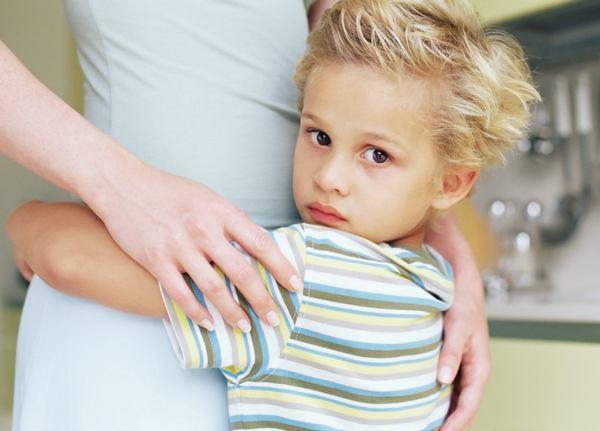
What to do?
According to the authors of the study, children need parents who are sensitive to their needs, who recognize when their children can handle a situation on their own and when it is necessary to guide them in overly demanding emotional situations.
This helps them develop the ability to handle difficult situations on their own as they grow up, ensuring better mental and physical health, healthier social relationships, and academic success.
Managing emotions and behavior are fundamental skills that all children need to learn, and excessive parental control can limit these opportunities.
Alert parents ...
READ also:
- Overprotective parents, the terrible consequences for their children
- Let the children get bored
- At what age can children start doing things on their own?
- Montessori method: chores and housework according to age (INFOGRAPHICS)




